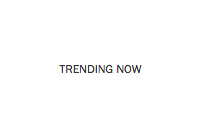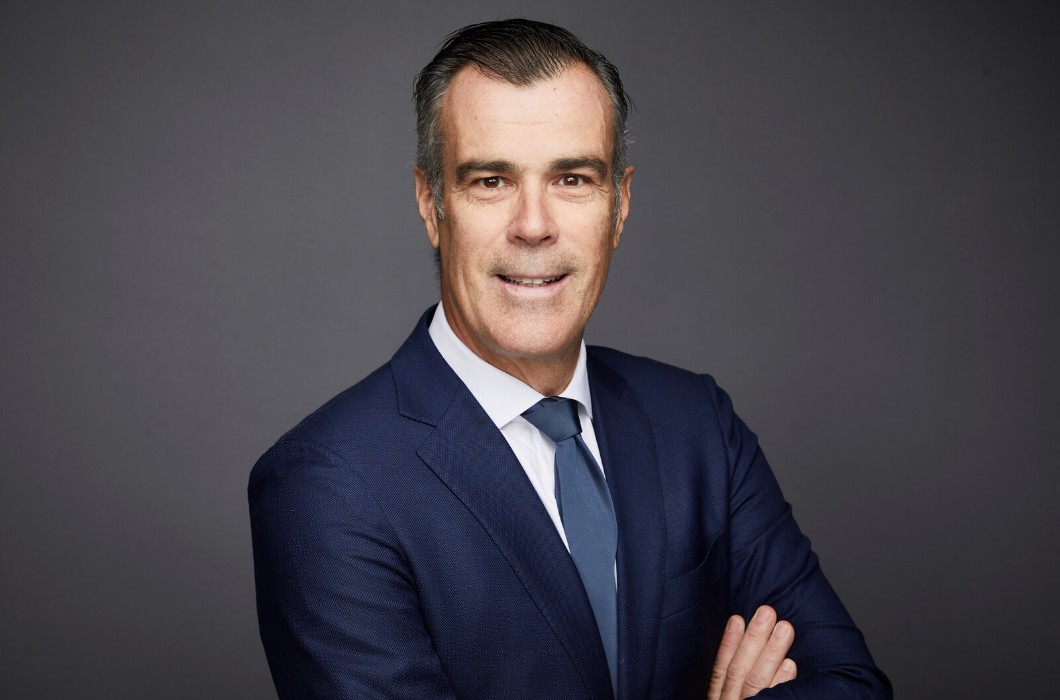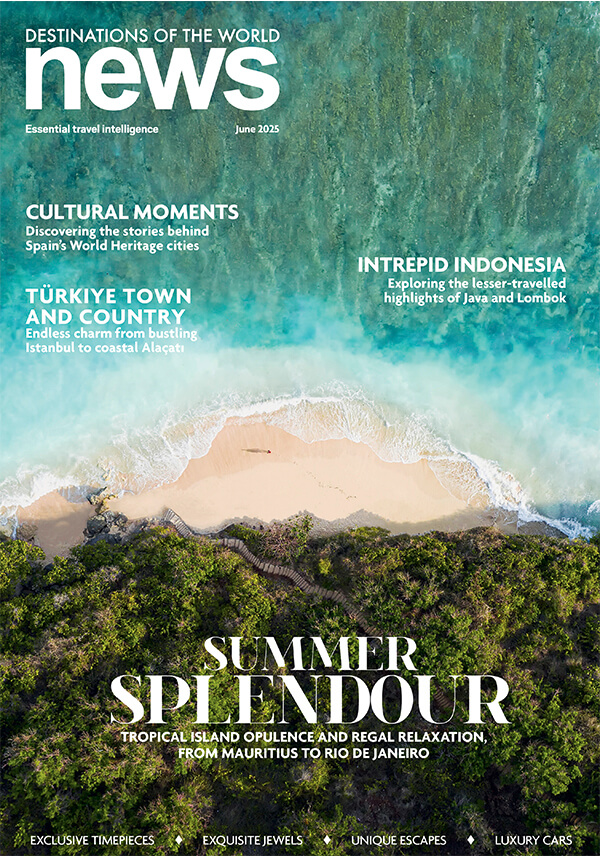What are the key differences between your top-tier brands LUX* and SALT?
With LUX* we provide extraordinary moments for our guests on white sand beach resorts and soon, safari camps. We want to deliver perfect experiences and very high-end luxury. SALT is a colourful lifestyle brand tapping into the local environment, local activities and the local culinary scene. Still luxurious, but SALT is more targeted at millennials.
How do you keep on top of what LUX* guests are looking for?
I just spent a month at LUX* Grand Baie working on enhancing the soft service because it’s paramount. It’s okay to be very Mauritian; laid-back and friendly just like the local culture. But we also have to be very professional. Our clients are increasingly educated in the world of luxury and the level of expectation has gone so high that we can’t afford to disappoint.
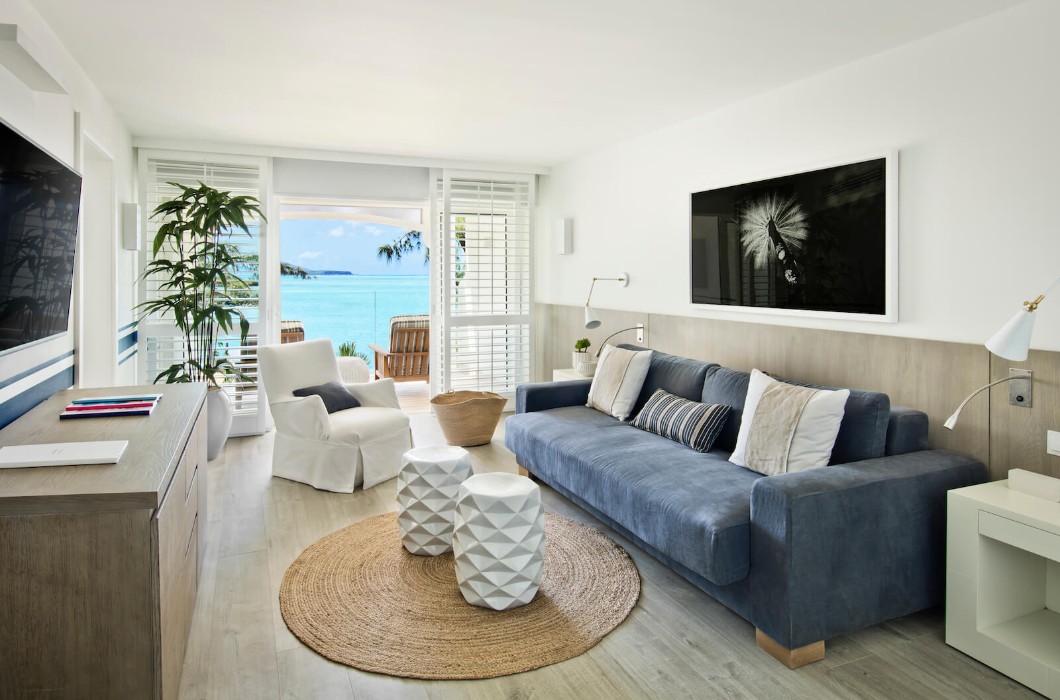
Can you tell us a bit about the two upcoming properties in the UAE?
LUX* Al Jabal, Sharjah, overlooks the Arabian Gulf on a white-sand beach. We have 48 villas with private pools: very nice design and very sustainable. We’re going to make this property the healthiest hotel in the UAE. That means only organic food, enhanced sleep technology, no alcohol but great mocktails. The fact that Sharjah is the only dry state of UAE could have been perceived as a negative. However, we are turning it into a positive by creating the healthiest hotel in the Emirates.
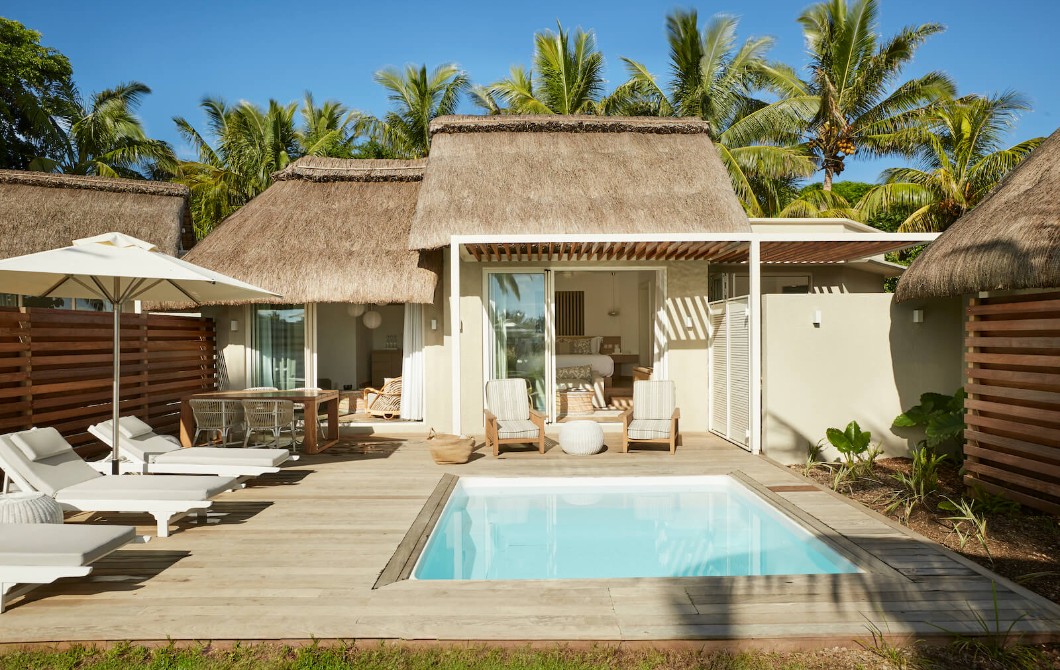
Tell us more about the sleep technology.
Philip Stein sleep technology uses bracelets that emit natural frequencies that benefit health and wellbeing and promote good sleep. The frequencies generated by the bracelet stimulate the production of melatonin in your body, which is a natural sleep hormone. We are also using chromotherapy, which uses colour and light, as well as sound therapy that draws on the sounds of sea, waves or rain to put you to sleep. All these technologies already exist, but we’re going to put all of them together to provide guests with the best sleep in the UAE.
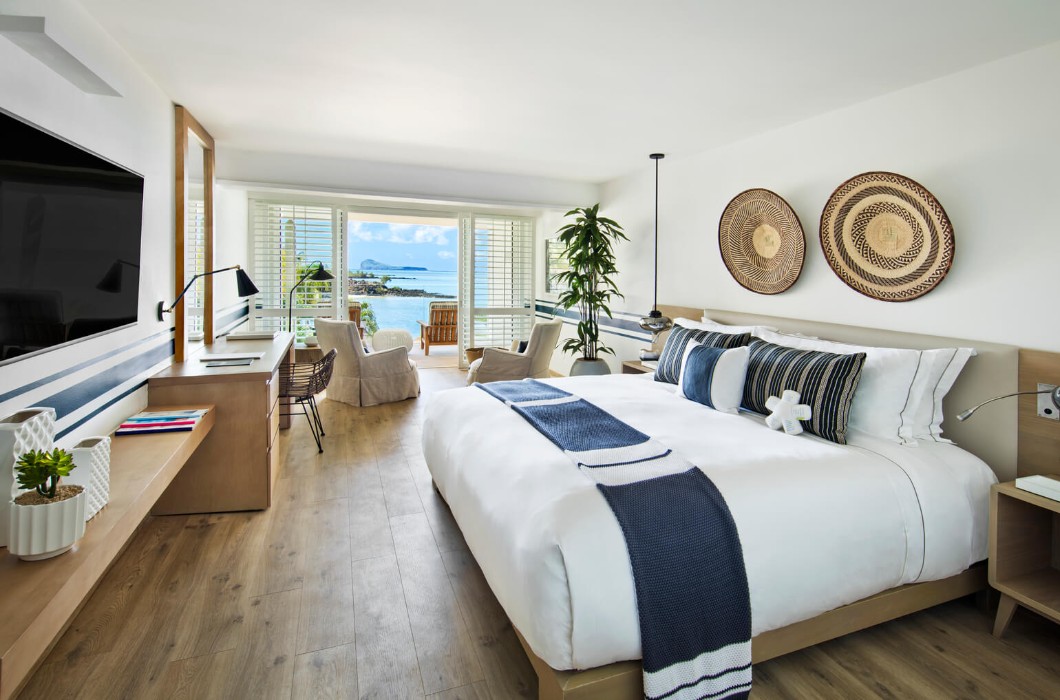
And the other UAE property?
LUX* Al Bridi, Sharjah, is a safari camp with 35 tented retreats. It’s an hour drive from Dubai in a conservation area in the middle of the desert. A wilderness retreat with very luxurious design that blends into the dunes that will open at the end of 2025. This is very important for us. I’m also looking at a location between Sheikh Zayed and The Palm in Dubai. We for sure need a flag in Dubai to change the paradigm of the company.
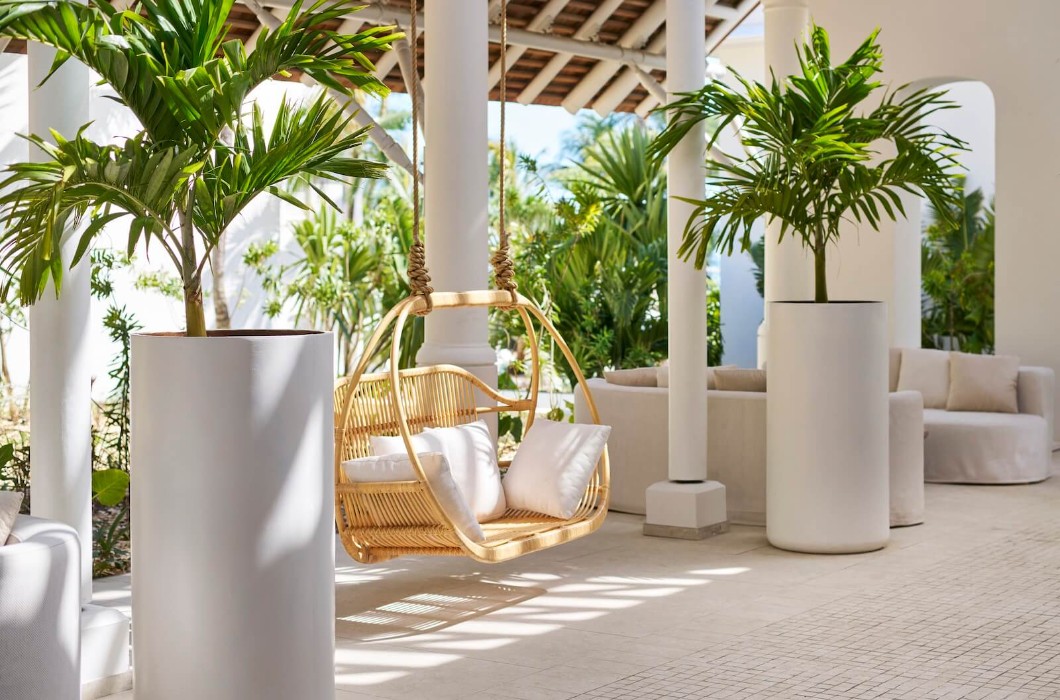
Why is LUX* Al Bridi so important?
Because we are going big time into the safari segment. We recently signed a new property in Southern Africa: LUX* Xinii Mababe, Botswana. This is going to be something really unexpected but it’s going to become the new norm for luxury safari. It’s a unique, design-driven concept with individual villa pods perched above the Okavango River Delta. We have a Japanese architect plus a company based in Mauritius and it’s going to be stunning.
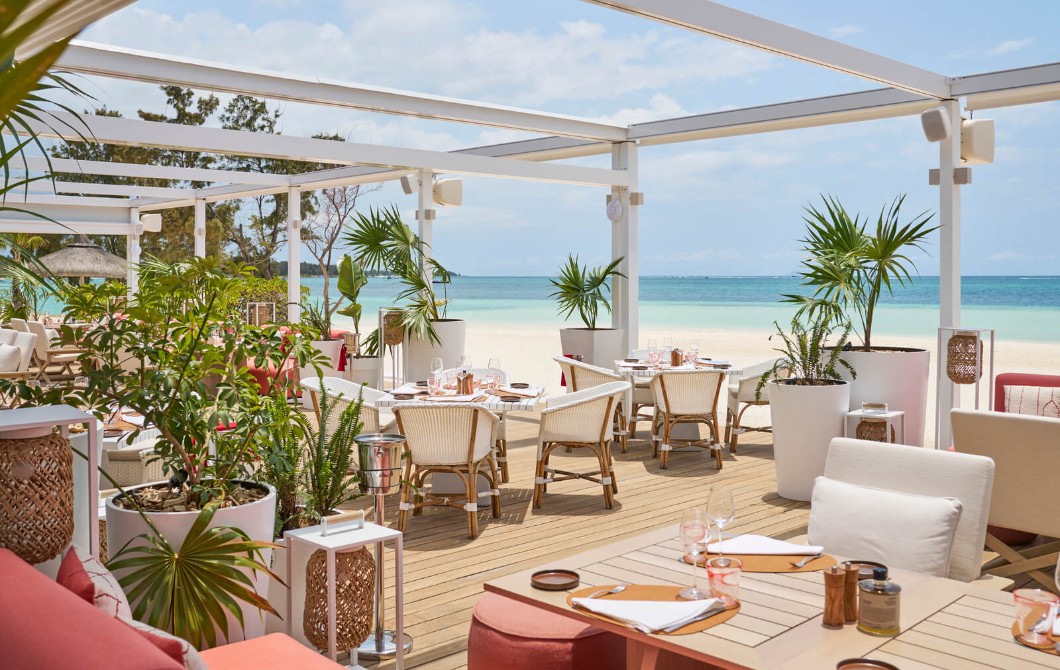
Could you replicate the model you have with LUX* Tea Horse Road and have a series of connected safari camps or lodges?
Absolutely and this will for sure be part of an itinerary: Sharjah, Botswana, and then why not Victoria Falls and Zimbabwe and so on? We will have some very, very high-end lodges in Southern and East Africa.
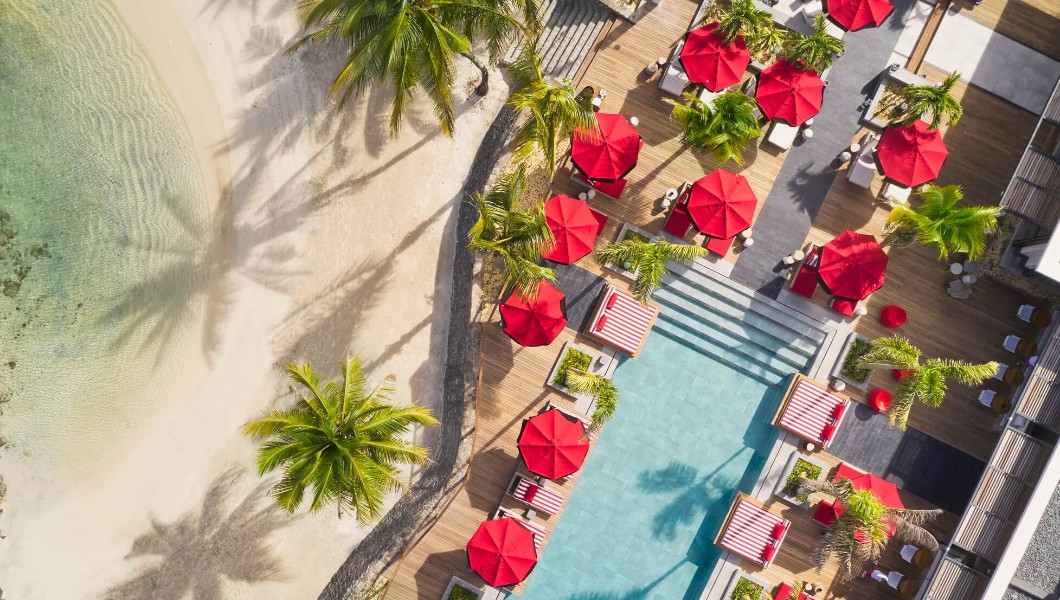
Are you quite aggressive on growth?
We want to grow, but not aggressively. We have the luxury to say no. We want to be very picky on the destinations and the product. Our priority is what I call the Indian Ocean rainbow, so from Zanzibar to Seychelles, Maldives, Réunion Island, Mauritius and all the way to Bali, where we are currently working on a project. Then you have the Southeast Asia collection. LUXNAM* Phu Quoc, our overwater resort in Vietnam, will be opening soon and I’m looking at Thailand and the Philippines. And then you have the Middle East and Africa. That’s where we are hunting right now.
Some of the most successful lifestyle brands are ones that create a sense of community beyond the hotel. Is that something you work on?
A lot, not only for guests, but the surrounding community and staff. And we do a lot for the environment, which is part of the DNA of Mauritius. We run some schools and teach kids to read and write. It’s very emotional for the staff. In Mauritius, we have a Junkart Studio & Gallery where our artists use the tonnes of rubbish collected during beach clean-ups to make souvenirs, and we support the kids of local fishermen.
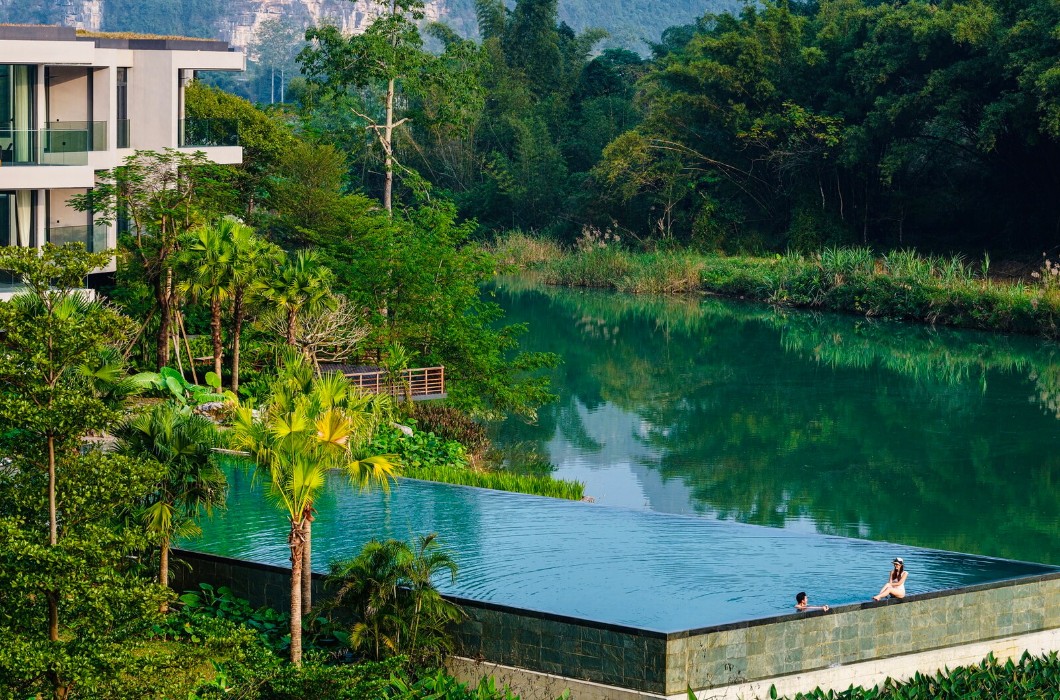
Can you talk about any specific project that has had a big impact?
Our GM recruited a girl from the local community who was deaf, mute and very introverted. After a year, 18 of our employees had learned sign language, so they were able to communicate with her. Every month, team members contributed some of their salary to buy her a very high-end hearing aid and soon after, she started to speak. Over the next five years she became a rock star in the hotel and eventually she found love and married. She recently left us, but she’s still a part of the family and we are so proud of her. It was a very emotional journey and that’s typical of what we do.
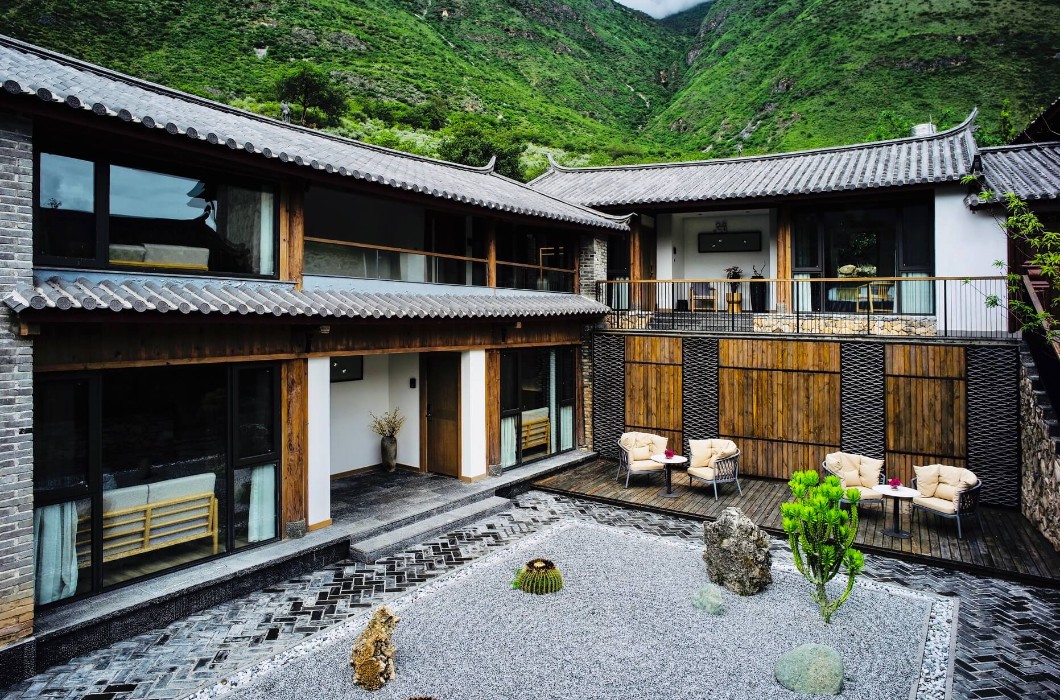
What else do you have in store for 2025?
The next property we’re going to open is SALT of Anjin, 2.5 hours from Shanghai surrounded by green mountains, forests, rivers and lakes. It’s very much inspired by Gaudi design with a curved stone façade on the shore of a lake. It will open in May. And we just signed SALT of Mount Siguniang, which is a nice addition to our LUX* Tea House Road collection in western China. I just came back from there and it’s an amazing, once-in-a-lifetime trip, travelling from the Lijiang region to Shangri-La and Tibet. The route, the traditions, the culture; you see the living Buddha, you go to monasteries, you go to the snow-topped mountains and so on. It’s just insane.

